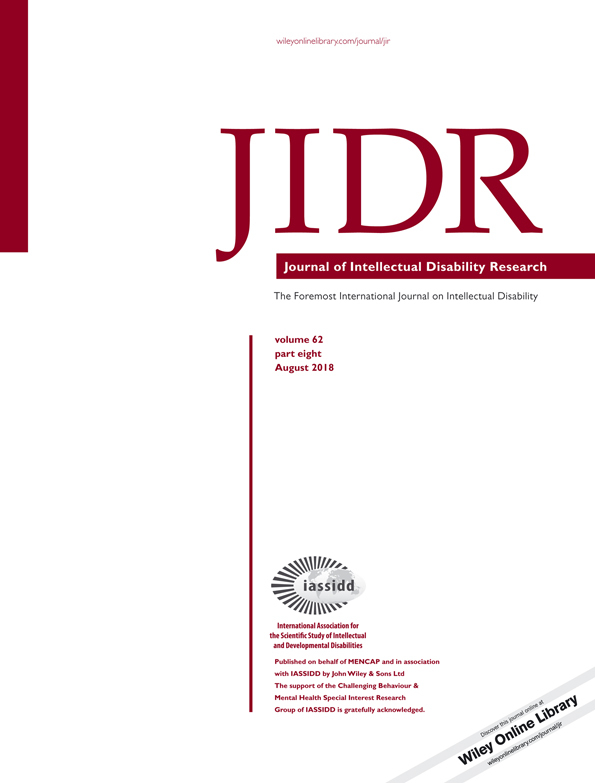Tobacco product use and smoking frequency among US adults with intellectual and developmental disabilities
Abstract
Background
People with intellectual and developmental disabilities (IDD) have been overlooked in tobacco use research although they are likely to experience tobacco-related health disparities. This study examined tobacco product use and smoking frequency and amount among a sample of US Special Olympics athletes with IDD.
Methods
Multiple regression analysis was used to test whether age, gender, body mass index, blood pressure, bone density, eating fruits and vegetables and family member tobacco use were correlated with the number of cigarettes smoked per day.
Results
The sample of people with IDD who used tobacco (n = 501) were aged 18–75 (M = 33.37) and 76.4% were male. About 73.6% reported cigarette use only, 10.6% reported dual or poly use of cigarettes and other tobacco products (cigars, pipe, and chewing tobacco) and 15.8% reported using only tobacco products other than cigarettes. Men were more likely than women to use tobacco products other than cigarettes. Of the cigarette smokers, 79.6% were daily smokers, and their mean cigarettes per day was 10.08 (SD = 9.50). Special Olympics athletes who did not have low bone density and those who consumed fruits and vegetables less than daily reported higher numbers of cigarettes per day.
Conclusions
Although people with IDD are less likely to use tobacco than the general population, study results suggest that people with IDD who smoke cigarettes are just as likely as smokers in the general US population to smoke daily. Improving overall health behaviours may be important in helping smokers with IDD to reduce their tobacco use. Research is needed to understand longitudinal patterns of tobacco use and how to prevent tobacco use among people with IDD.
Conflict of Interest
The author declares there is no conflict of interest.




